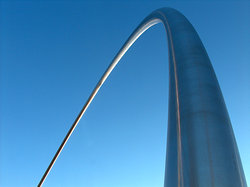As fall begins and the leaves change, people and businesses turn their attention to the vital issue of breast cancer. According to the World Health Organization, breast cancer is the world’s most common cancer, accounting for 12% of new cancer cases worldwide in 2021. While breast cancer is caused by genetic abnormalities, only 5-10% of breast cancers are caused by abnormalities inherited from parents. The remaining 85-90% of breast cancers are due to genetic abnormalities resulting from the aging process. For this reason, 1 in 8 U.S. women will develop invasive breast cancer during their lifetime. Given the disease's broad impact, breast cancer charities have been working for decades to increase awareness and raise the funds necessary to fight back.
Each October people around the world participate in Breast Cancer Awareness Month, an international health campaign created to raise awareness and funds for research, prevention, diagnosis, treatment, and cure of breast cancer. Throughout the month, major breast cancer charities across the globe host a variety of events to raise awareness and show support to all those who have been affected by breast cancer. From providing free informational material to hosting discussions by survivors, October is full of activities and resources that support any level of involvement.
For those looking to participate in Breast Cancer Awareness Month, the National Breast Cancer Foundation has a host of information and resources on its website. In addition, to fundraising and outreach, you can check with your local breast cancer charity about events in honor of National Metastatic Breast Cancer Awareness Day on October 13, and National Mammography Day on October 21. Finally, you can show support for all those who have fought and continue to fight against breast cancer by wearing pink and displaying the pink ribbon around your office all month long. No matter how you participate, each contribution makes a difference so talk to your local breast cancer charity about getting involved today.


